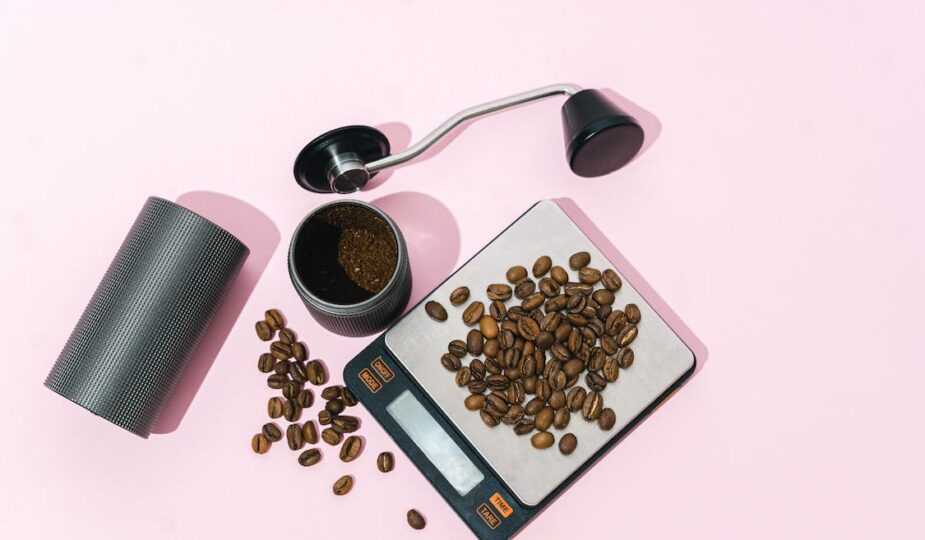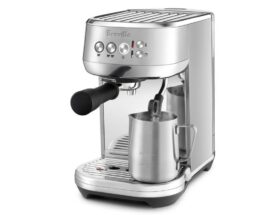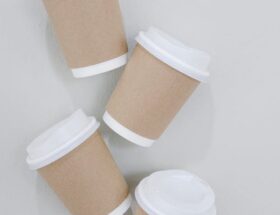
How Much Caffeine in a Cup of Coffee: Know Your Dose
Welcome to the caffeinated world of coffee lovers! In this blog post, we will delve into the fascinating topic of caffeine and explore just how much of it is present in a cup of coffee. Whether you’re an avid coffee connoisseur or simply curious about the effects of caffeine, this article will provide you with valuable insights into your daily dose of energy.
Did you know that coffee is one of the most widely consumed beverages worldwide? It’s no wonder, considering its rich flavor and ability to jumpstart our mornings. But have you ever wondered how much caffeine is actually in that cup of joe you rely on to keep you awake and focused throughout the day? Let’s dive right in and uncover the truth!
Table of Contents
- The Magic of Coffee: Boost Your Energy with a Cup of Joe
- Frequently Asked Questions about Caffeine in Coffee
- 1. How much caffeine is in a cup of coffee?
- 2. Does the caffeine content vary between different types of coffee?
- 3. What factors influence the caffeine content in coffee?
- 4. How does the brewing method affect the caffeine content?
- 5. How does the roast level affect the caffeine content?
- 6. How does the serving size affect the caffeine intake?
- 7. Are there any health risks associated with consuming too much caffeine?
- 8. How does decaffeinated coffee compare in terms of caffeine content?
- 9. Can caffeine consumption have positive effects?
- 10. How can I reduce my caffeine intake if needed?
- Wrap Up
The Magic of Coffee: Boost Your Energy with a Cup of Joe
There’s no denying the irresistible aroma and comforting warmth of a fresh cup of coffee. But have you ever wondered about the caffeine content in your beloved morning brew? Read on to discover just how much caffeine you’re consuming and how it affects your daily dose of energy.
Understanding Caffeine Content in Coffee
Before we dive into the specifics, it’s essential to understand what caffeine is and how it functions. Caffeine is a natural stimulant found in coffee beans, tea leaves, and other plants. When consumed, it activates your central nervous system, giving you a temporary energy boost and increasing alertness.
Factors Influencing Caffeine Levels
The caffeine content in coffee can vary depending on several factors. Let’s take a closer look at these variables:
- Type of Coffee Bean: Different types of coffee beans have varying caffeine levels. Robusta beans, commonly used in espresso blends, have a higher caffeine content compared to Arabica beans, which are favored for their milder flavor and aroma.
- Roasting Process: The degree of roasting can also affect caffeine levels. Surprisingly, light roasts, with their crisp and delicate flavors, tend to have slightly more caffeine than dark roasts.
- Coffee Brewing Method: The way you make your coffee plays a significant role in determining its caffeine content. Espresso shots, for example, generally contain higher amounts of caffeine compared to a standard drip coffee.
- Cup Size and Strength: The size of your cup and the strength of your brew both contribute to the overall caffeine intake. A large mug of strong coffee will naturally contain more caffeine than a small cup of a milder brew.
Moderate Consumption: How Much Is Too Much?
While coffee can provide a much-needed energy boost, excessive caffeine consumption can have adverse effects on your health. The key is to find the perfect balance. The daily recommended caffeine intake for most adults is around 400 milligrams, roughly equivalent to four standard cups of coffee.
However, it’s crucial to note that everyone’s tolerance to caffeine is different. Some individuals may be more sensitive to its effects, experiencing jitters, anxiety, or even trouble sleeping with smaller doses. It’s vital to listen to your body and adjust your intake accordingly.
Alternatives for a Milder Buzz
For those seeking a gentler buzz, or for those who need to cut down on caffeine altogether, there are plenty of alternatives to explore. Herbal teas like chamomile or peppermint are soothing options, while decaf coffee offers the rich flavor without the stimulating effects.
Remember, it’s all about finding what works best for you and enjoying your cup of joe without overindulging.
Frequently Asked Questions about Caffeine in Coffee
1. How much caffeine is in a cup of coffee?
In a typical cup of coffee, there is approximately 95 milligrams of caffeine.
2. Does the caffeine content vary between different types of coffee?
Yes, the caffeine content can vary depending on the type of coffee bean and how it is brewed.
3. What factors influence the caffeine content in coffee?
The caffeine content in coffee can be influenced by the type of coffee bean, the roast level, the brewing method, and the serving size.
4. How does the brewing method affect the caffeine content?
The brewing method can affect the caffeine content because some methods, like espresso, extract more caffeine from the coffee grounds than others.
5. How does the roast level affect the caffeine content?
The roast level of the coffee bean can impact the caffeine content. Generally, darker roasts have slightly less caffeine than lighter roasts.
6. How does the serving size affect the caffeine intake?
The larger the serving size of coffee, the more caffeine you will consume. It’s important to be aware of the serving size when considering your caffeine intake.
7. Are there any health risks associated with consuming too much caffeine?
Consuming excessive amounts of caffeine can lead to symptoms such as increased heart rate, anxiety, and insomnia. It’s important to consume caffeine in moderation.
8. How does decaffeinated coffee compare in terms of caffeine content?
Decaffeinated coffee still contains some caffeine, usually around 2-5 milligrams per cup. It’s important to note that it is not completely caffeine-free.
9. Can caffeine consumption have positive effects?
Caffeine consumption in moderate amounts can provide benefits such as increased alertness, improved focus, and enhanced physical performance.
10. How can I reduce my caffeine intake if needed?
If you want to reduce your caffeine intake, you can opt for decaffeinated coffee, choose alternative beverages like herbal tea, or simply limit the number of cups of coffee you consume.
Wrap Up
Now that you’re equipped with a better understanding of how caffeine works and the factors that influence its levels in your daily coffee fix, you can tailor your consumption to suit your needs. So whether you’re an espresso enthusiast or prefer a milder brew, make sure you savor every sip and make your caffeine intake part of a balanced and enjoyable lifestyle.









